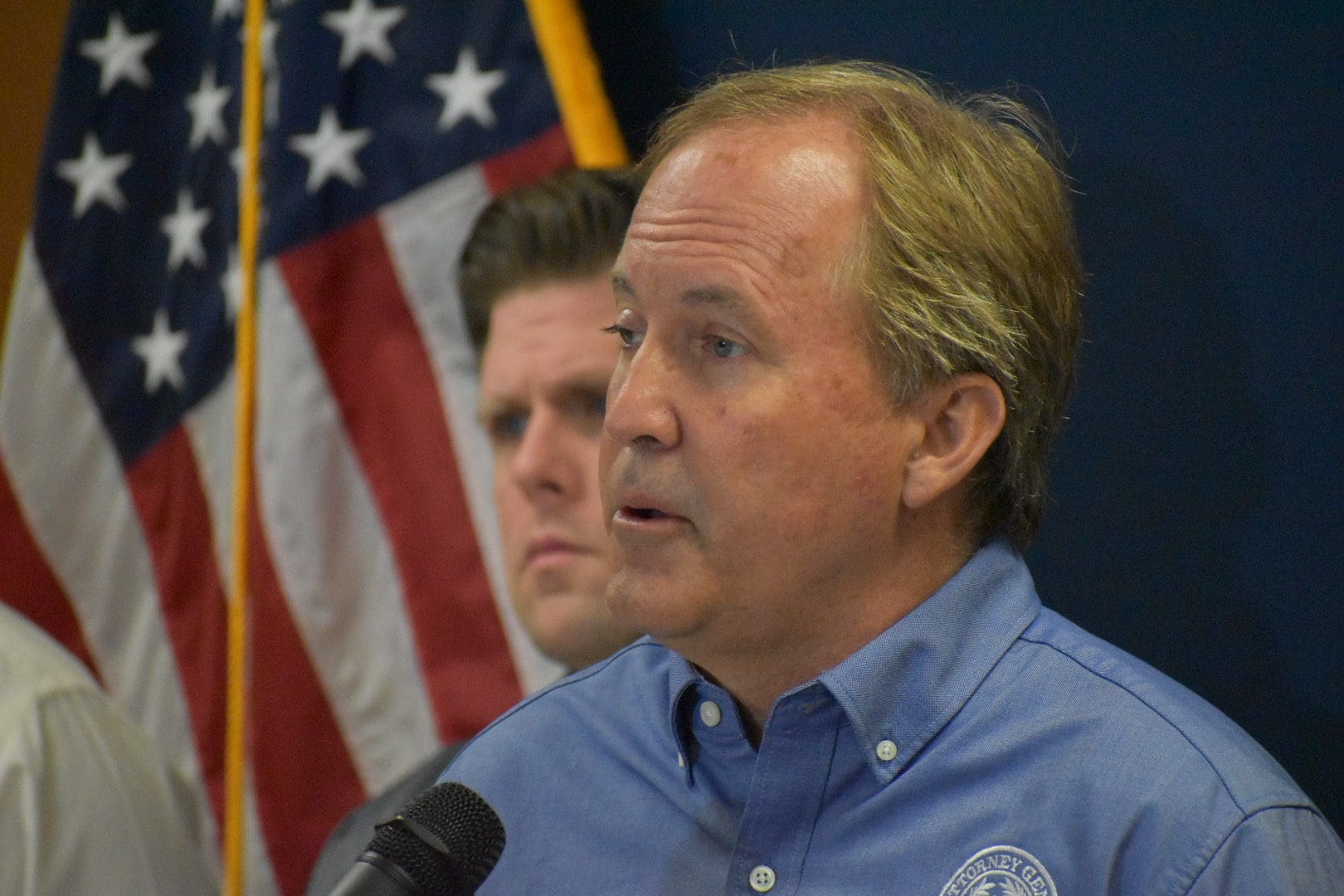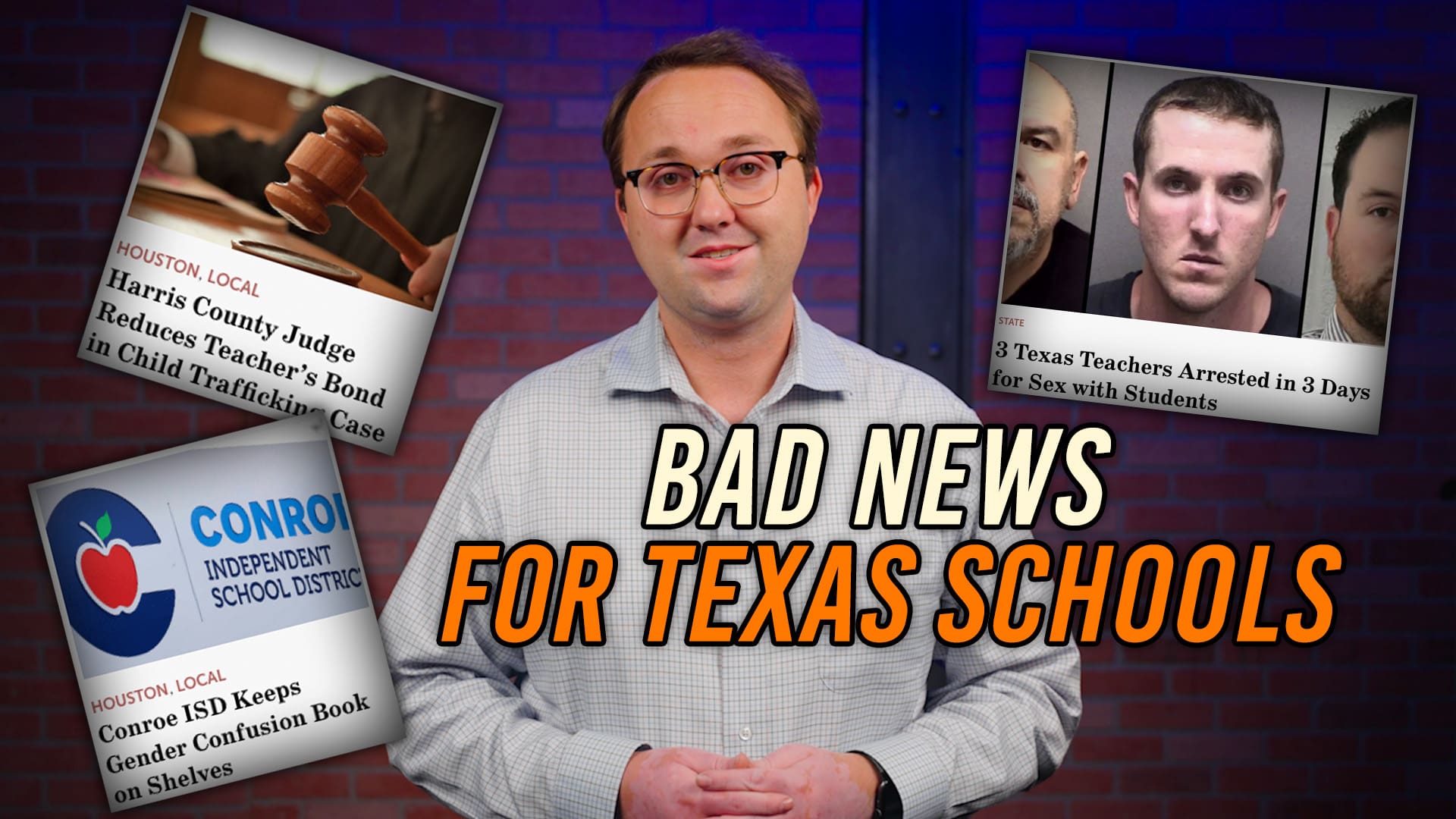Houston mayoral candidate Bill King launched a petition drive this week to end pay-to-play in city hall.
Texas Scorecard recently reported on Harris County Judge Lina Hidalgo’s self-imposed policy prohibiting campaign donations from contractors and vendors doing business with the county. King’s petition is the first formal effort to do so on the city level.
“This is something that is going to affect Houston for generations. It’s going to change the way we do business in the city for generations,” he said during the announcement, flanked by posters that read “End Play to Play” and “Clean Up City Hall.”
King said while there is an inherent conflict of interest with this practice, he isn’t insinuating that everyone who contributes and does business with the city is corrupt, as he himself has been on both sides of that practice in the past.
His petition isn’t following the traditional charter amendment approach; he’s using the initiative provision in the charter: If 40,000 people sign the petition, he says, city council has 30 days to adopt the ordinance or place it on the ballot.
“The only way we’re going to do this is with a tremendous grassroots effort,” he said.
So what exactly would his proposal do?
King’s plan would bar anyone who contributes $250 or more to municipal candidates from doing business with the city for two years. He says many jurisdictions have adopted a similar measure, and polling he conducted in 2015 shows widespread support for the idea.
“I’m also asking for all of the candidates in the 2019 cycle to endorse this petition,” King says, and he’s asking for their help to collect the signatures in the required 30 days.
There will likely be a separate special purpose political action committee created to push the petition forward, and King fully expects to need a legal challenge against the city to get it counted. “They are unquestionably going to come up with some problem with the petitions, and we’re going to have to go down and file a lawsuit to get it on the ballot,” he said.
The petition effort stems not only from the inherent conflict of interest but also from the level of contributions coming from contractors and vendors as opposed to individual donors, according to King.
In an analysis he completed, he found that 42 percent of contributions to city council members came from contractors and vendors, 19 percent from the real estate industry, 17 percent from unions, and only 14 percent from citizens not doing business with the city.
In a video released shortly after King’s presentation, Tony Buzbee said he has another petition underway that would ban a party that gave any donation to a city hall candidate from doing business with the city for one year.
Also in response to King’s push, Mayor Sylvester Turner’s campaign released a statement:
“The city has long-established rules that govern potential conflicts of interest regarding campaign contributions, including a black-out period and prohibitions on the members of certain boards and commissions. As with all city policies, we continually evaluate these rules to ensure they are meeting the city’s needs. The city will always entertain ideas and proposals from anyone, especially if they’re not trying to score political points.”
Turner says laws regarding this are continually evaluated, but the council committee that would theoretically oversee prohibitions — the committee on Ethics, Elections and Council Governance — hasn’t held a meeting since February 13, 2017.




